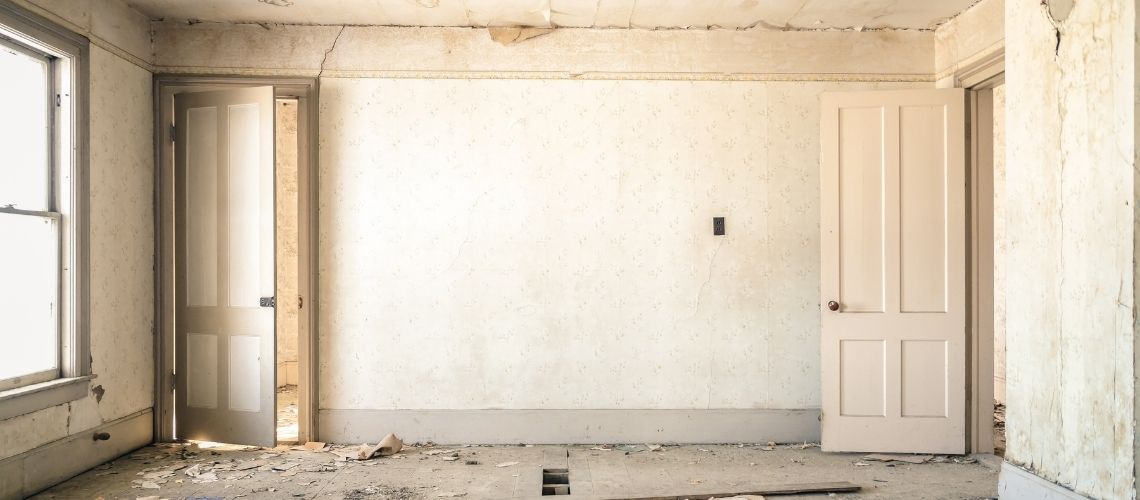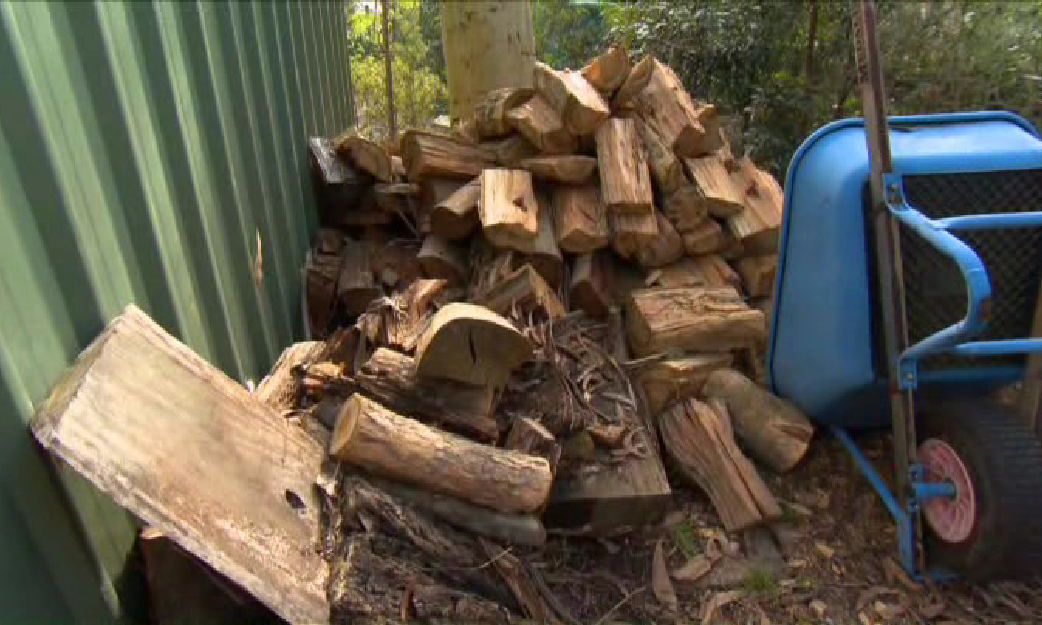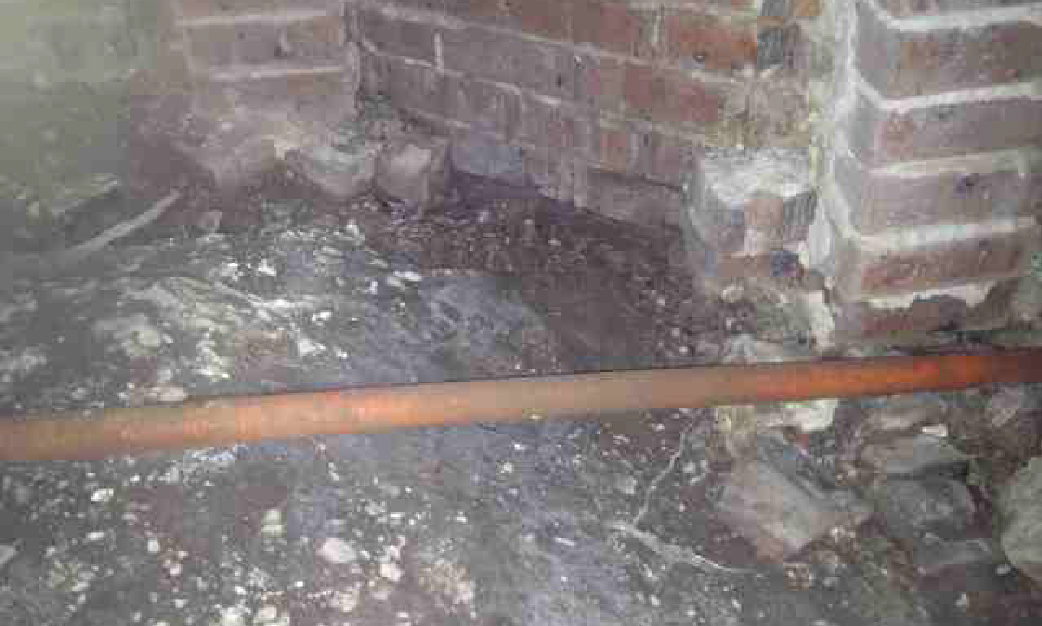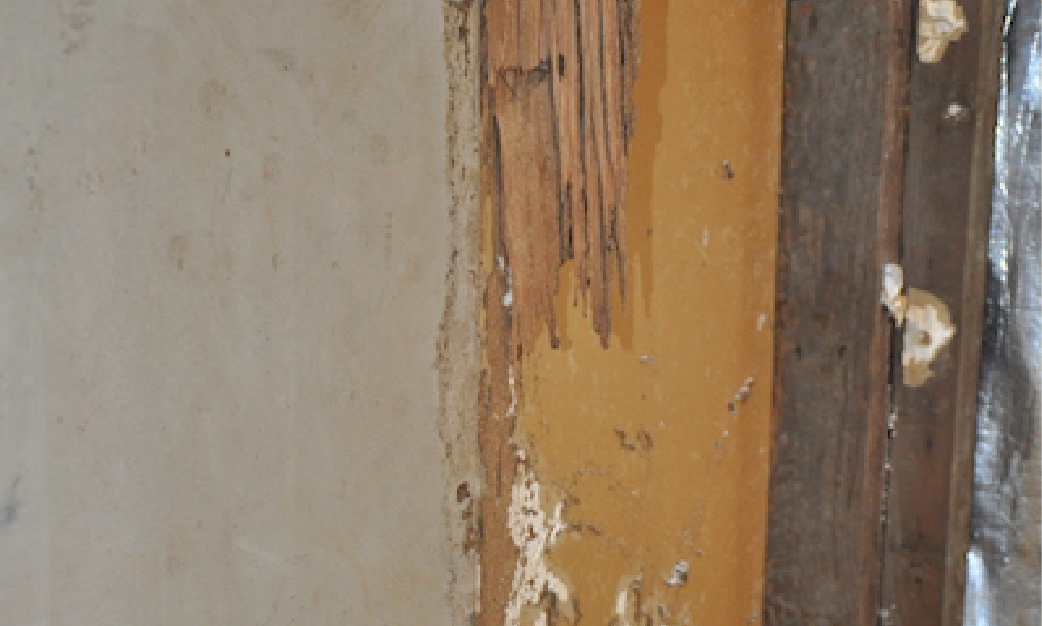Pest Inspections Perth
Did you know the average termite repair bill is $10,000?
In Perth, Western Australia, your home coming under termite attack is more likely than suffering a fire, flood or natural disaster. But surprisingly, home Insurance does not cover termites. With CSIRO reporting that 1 in 5 homes across Australia will suffer a termite attack at some point and with the average damage repair bill approaching $10,000, it’s important that homeowners take steps to protect their most valuable investment.
So what should you do to protect your home from termite damage?
Because home insurance does not cover termites, homeowners should have a termite management plan for their property. There are 3 key elements to a termite management plan:
- Eliminate conditions around the home that make it more attractive to termites
- Have regular termite inspections
- Install a termite management system
Making your home less attractive to termites
Eliminate sources of moisture
Termites have soft bodies and are prone to drying out – they need moisture!
If you can keep the area around and under your home dry, the chances of a termite attack are dramatically reduced. Improving drainage and fixing leaks should be carried out as soon as possible.
Eliminate food sources – wood and cardboard
Not surprisingly, termites love wood!
There’s nothing you can do about the wood in your home, but you can certainly remove wood items from the perimeter of your home and from the sub-floor (if you have one). Removing wood mulch from garden beds around the home and storing any firewood away from the home and off the ground are the main action steps. Avoid storing goods, especially in cardboard boxes (which termites also love!) in the sub-floor.
If you have just bought a property, your pre-purchase pest inspection will list the termite conducive conditions and any potential construction issues that need to be remedied. The same information is reported in annual termite inspections.
Remove fire wood from around your home.
Keep sub floor areas clear and dry.
Wall stud eaten out.
Regular termite inspections are your best insurance against termite damage!
Governments, building authorities and Australian Standards recommend that property owners have a professional termite inspection at least annually, and more frequently in areas of high termite pressure.
As termites live underground and are very secretive, their activity is hard to spot. Without regular termite inspections, termites may get into your home and cause significant damage before being detected. An experienced termite inspector using the latest detection equipment can pick up the subtle signs of termite activity.
What is a pest inspection? A comprehensive termite inspection will not only pick up signs of termite activity and termite damage in the building and surrounding property but will inspect for conditions conducive to termite attack (such as elevated moisture) and construction issues that may allow termites to get in without being noticed.
If signs of termite activity are picked up during the inspection a suitable treatment program can be implemented.
Install a termite management system
Although termite inspections are a must, they don’t actually stop termite attacks. The smart choice is for homeowners is to install a termite management system around (and under) the property keeping in mind that damage from termites is not covered under your home insurance.
There are two types of termite management systems; soil treatments and termite monitoring/baiting systems. Soil treatments involve the application of insecticide to the soil around the perimeter of the home (and in the sub-floor, if present). Termite monitoring and baiting systems involve the placement of bait stations in the soil around the property. The stations contain an attractive termite bait that intercepts the termites before they get to your house. They feed on the bait which contains a slow-acting insecticide, taking it back to the nest and eliminating the colony.
Termite management systems such as these give homeowners great security, as insurance does not cover termites, but having one installed does not remove the need for annual termite inspections. These systems are designed to work in conjunction with construction elements of the building to prevent termites from getting into the house without being noticed. Although unlikely, it would still be possible for termites to find their way into the building by building their mud tubes over or around the termite management system – which is why regular termite inspections are still required.
If you need a comprehensive, professional pest inspection in Perth please give us a call at Home Integrity or contact us here.







